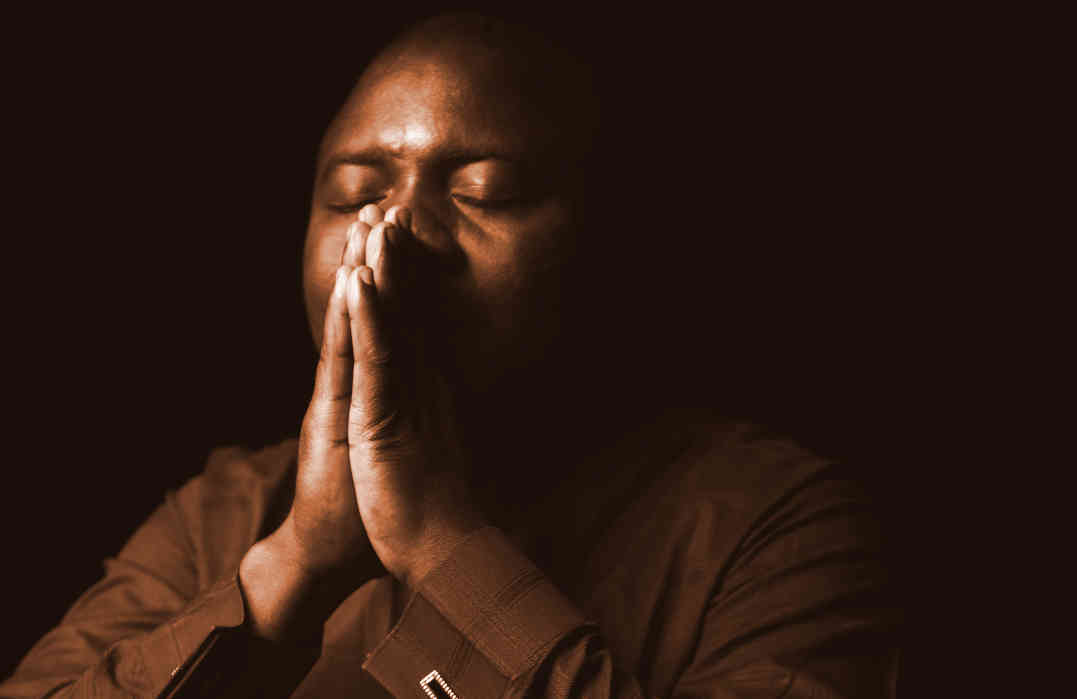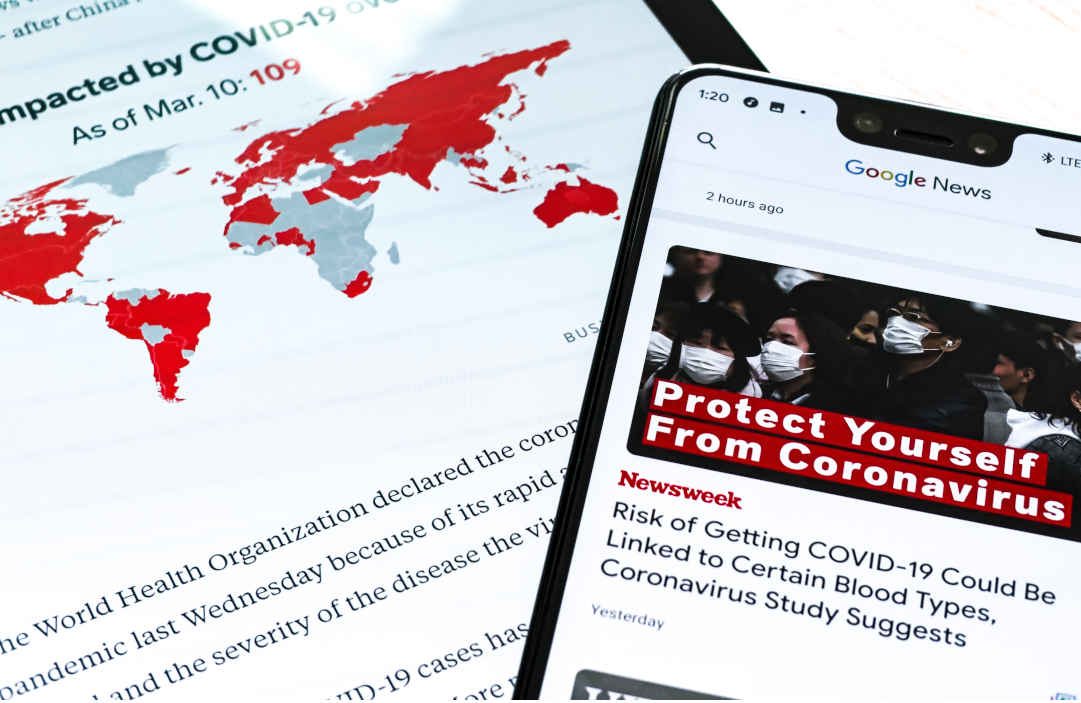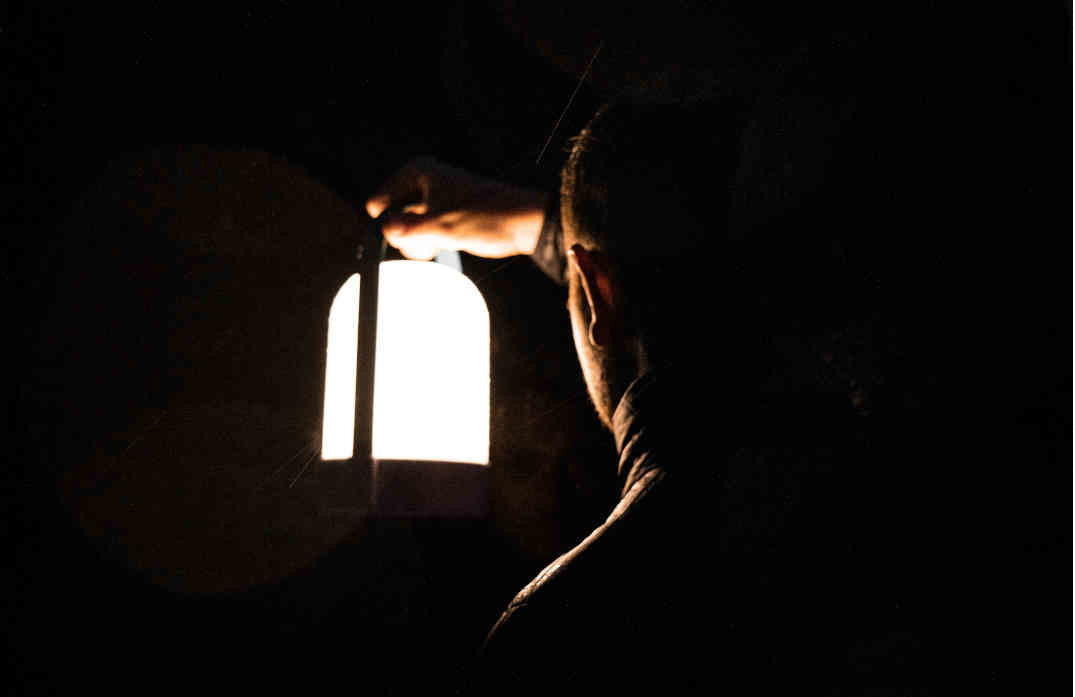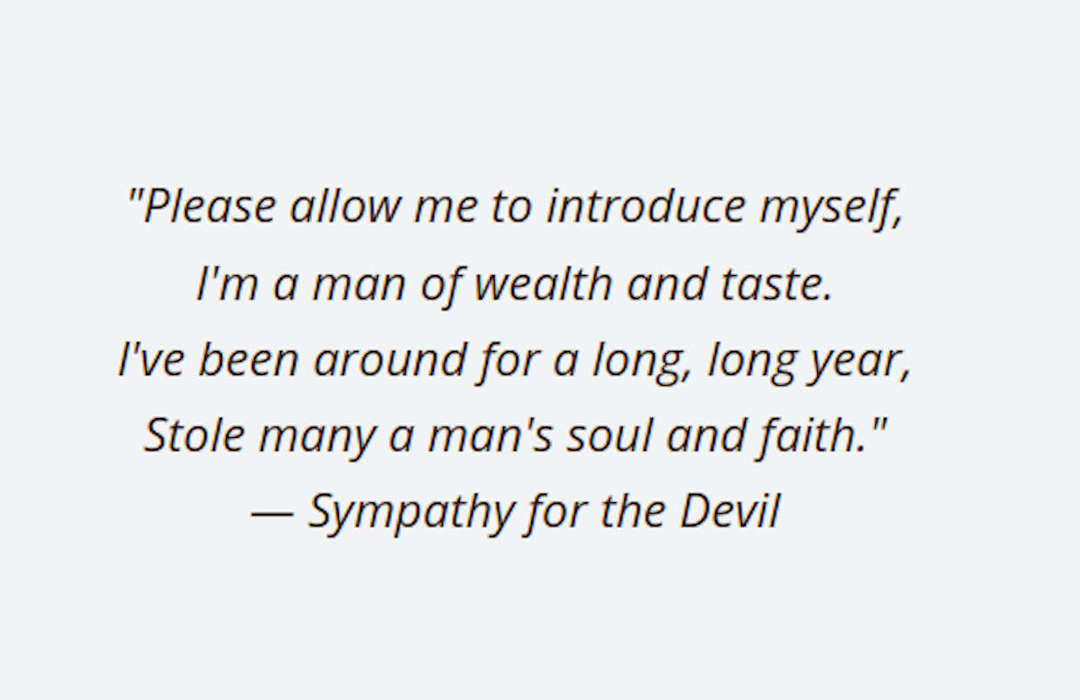
Humor
"Most people don't know what they're doing, and a lot of them are really good at it." — George Carlin
Have you ever noticed, you can't laugh and be angry at the same time? Humor is a gift of light in the darkness, a joy to the heart, and an uplifting of the spirit. The positive disallows the negative. It is God's joy in us, easing our burdens.
Humor may represent an unexpected contact with a Greater Reality or Truth, or just another way of looking at things, even for a moment. And this is enough to bring some joy and relief to the heart, mind, and spirit.
Consider Charlie Chaplin, the Marx Brothers, the Three Stooges, Jackie Gleason, Red Skelton, George Carlin, and others. Their simple humor knew how to touch our hearts. What they have done in their work is to find a ray of hope in the darkness, make light of what oppresses us, and destroy our illusions. They give us another perspective, another way of seeing or thinking of things — which bypasses the the way we habitually look at things. And that momentary shift in perspective, that piercing of the veil, is enough to let a bit of Light and Joy come in. What a wonderful gift of Love and Light, humor can be.
Think of the Three Stooges, three ordinary guys who always find their way into "high society," and wind up destroying all of our illusions about it. They wind up throwing pies in the faces of the most self-important, egotistical, arrogant, unrealistic, and deluded elite. Think of the Marx Brothers, as they wander through high society and life, destroying everyone's illusions, about life, about themselves, about what is important. Charlie Chaplin and Red Skelton did not have to utter a word to speak to our hearts. They could take on a role in life, in their act, and get us to so identify with it, that we could feel exactly what they were feeling, the perspective they wanted us to have. And, thereby give us perspective on ourselves and our own lives. Once we gained that greater awareness, that greater perspective, we could not easily return to the boundaries or confines of our existence. They had, even for a moment, helped to spiritually liberate us. To free us from the role we are playing.
If we look at some of the things that contemporary humorist George Carlin observed, we can see that he was perhaps only half-joking. He would, of course, have been the last to admit that he was deeply philosophical; he would jokingly dismiss that, preferring not to take himself too seriously, either. Some of Carlin's insights: "By and large, language is a tool for concealing the truth." "The reason I talk to myself is that I'm the only one whose answers I accept." "Did you notice that several years ago everything got different?" Carlin had no tolerance for hypocrisy, injustice, pretense, ego, falsehood, or illusions, preferring to see reality for what it was.
Many comedians have found a life of humor to be the only way they could cope; it helped to relieve the pain of too clear a perception of life's wrongs and suffering. Watching Carlin, it is at times obvious that the world had deeply hurt him. Carlin especially dealt with the evil he saw in this world, and in people: "Next time you see Bing Crosby playing a priest in a movie, picture him beating his children in real life." Carlin knew that people are quite hypocritical, deluded, heavily programmed and indoctrinated, stupid, belligerent, evil, or just plain "nuts," and he said so.
Humor is the expression of some insight into a greater truth or reality
Sometimes it takes only the slightest shift in awareness or perception. Steven Wright: "Everywhere is walking distance if you have the time." "I was walking down the street wearing glasses when the prescription ran out." "I have an existential map. It has 'You are here' written all over it." "It doesn't make a difference what temperature a room is, it's always room temperature." Groucho Marx: "Military intelligence is a contradiction in terms." "Military justice is to justice what military music is to music." "I find television very educating. Every time somebody turns on the set, I go into the other room and read a book." Dave Barry: "We Americans live in a nation where the medical-care system is second to none in the world, unless you count maybe 25 or 30 little scuzzball countries like Scotland that we could vaporize in seconds if we felt like it." "The metric system did not really catch on in the States, unless you count the increasing popularity of the nine-millimeter bullet." Rita Rudner: "Before I met my husband, I'd never fallen in love, though I'd stepped in it a few times." "My husband and I are either going to buy a dog or have a child. We can't decide whether to ruin our carpet or ruin our lives." "My husband gave me a necklace. It's fake. I requested fake. Maybe I'm paranoid, but in this day and age, I don't want something around my neck that's worth more than my head." Gallagher: "Don't you wish there were a knob on the TV to turn up the intelligence? There's one marked 'Brightness,' but it doesn't work." "If you can't fool around on your wife without getting caught," he said of President Clinton, "how could you ever be the big crook we need to run this country?" Such humor actually makes people think.
Sometimes it is good to just be silly, and laugh at yourself
It lightens things up. Laugh at your troubles and they can be easier to deal with. Still, if you have real problems to solve, do pay them enough mind to resolve them if you can. Humor can mistakenly be used as just another form of denial. There are people who simply cannot deal with their problems, who instead joke about everything. Instead of doing the hard work of learning how to cope with problems, how to solve them, how to think more deeply, they just treat everything superficially and make a joke of everything — and solve nothing. They have traded the awareness of problems for a form of denial, so they don't have to be as aware of problems or actually deal with them.
Children often have a simple, basic honesty. And they are learning all the time, so they are always open to new perspectives. Here are some things children have observed, first hand: "When your dad is mad and asks you, 'Do I look stupid?' don't answer him." "Never hold a Dustbuster and a cat at the same time." "Stay away from prunes." Notice, the first time you see these insights, they probably seem funny. The next time you read them, they seem like simple, obvious truths. And, that is precisely the case. The first time something humorous strikes you, it causes you to shift your perspective in order to appreciate it fully. After you have shifted your perspective, your thinking has expanded to accommodate that fresh perspective. So, the second time, your thinking no longer needs to shift; hence, the "humorous" aspect may begin to lessen or even disappear.
That is the way it is with the truth, too. The first time you come across some new and different perspective, it may seem strange; it may cause you to think about it, to weigh it against what you already know, to see if you can find a place in you where it resonates, where it feels true. Once you do that, once you feel something is true, you may then begin to take it for granted. It feels as though you have always known it, even though you may have recently learned or realized it. Notice, this is the same basic process of being open to a different way of looking at things, which allows you to realize the truth of things — whether there is any humor involved or not. Truth is perceived in that way. Humor just makes it easier to accept.
"More than at any other time in history, mankind faces a crossroads. One path leads to despair and utter hopelessness. The other, to total extinction. Let us pray we have the wisdom to choose correctly." — Woody Allen
There is the story told of the elderly man in the hospital, lying in bed, with his wife sitting by his side, keeping him company. He is thinking fondly about the many memories he has of his life, and turns to his wife and says, "I remember when you were with me that time I fell off the ladder painting the house and broke my leg; and the time you were with me when we had that flat tire and the car ran off the road; and you were there by my side the time I had my first heart attack, and fell over in the living room. You were with me then, too." He pauses for a moment, and adds, "You know, I think you're bad luck."
Smile.
Smile to your heart. Joy is healing.
And realize, even Jesus has a sense of humor.









